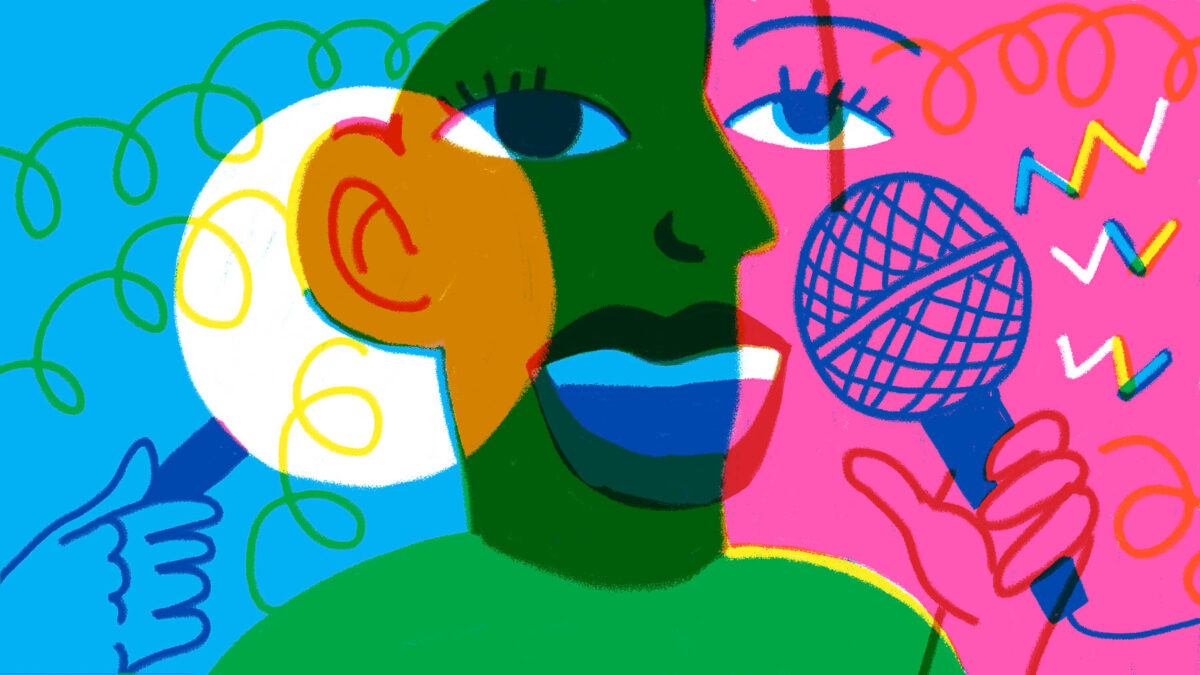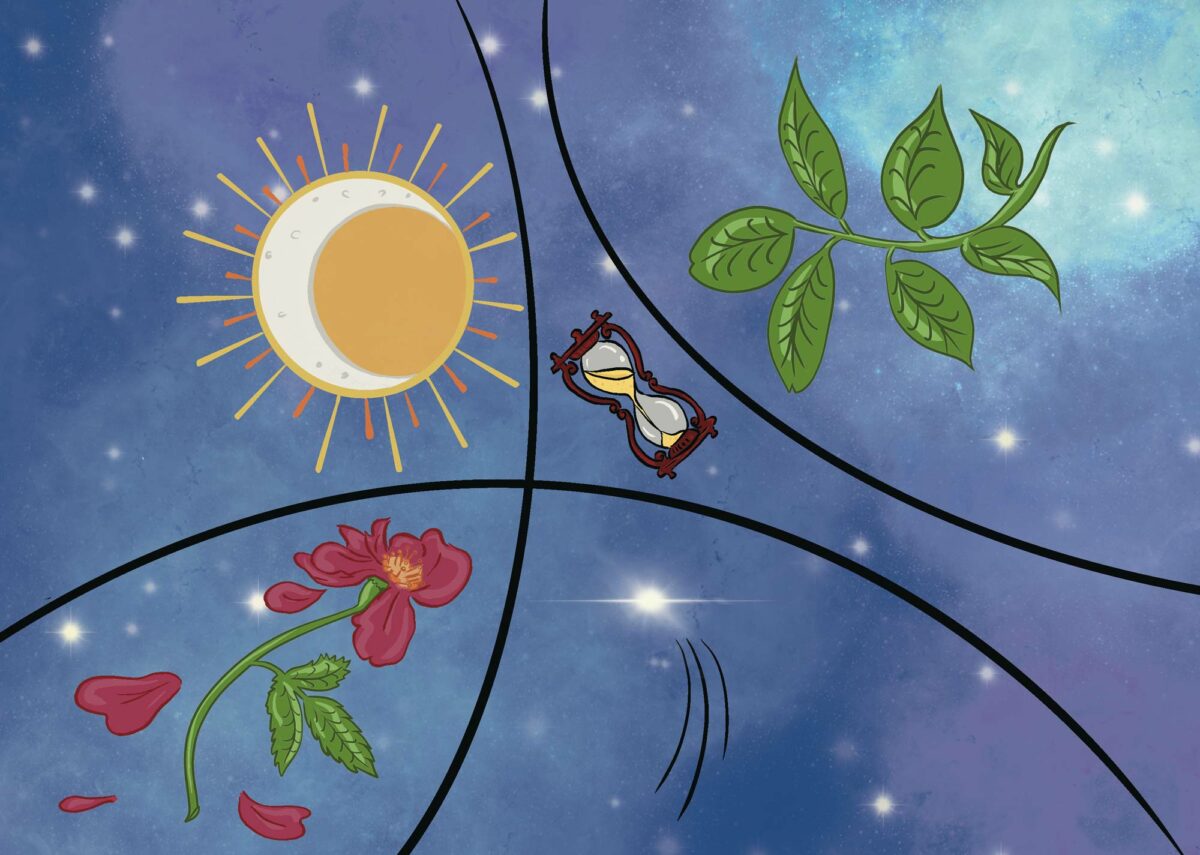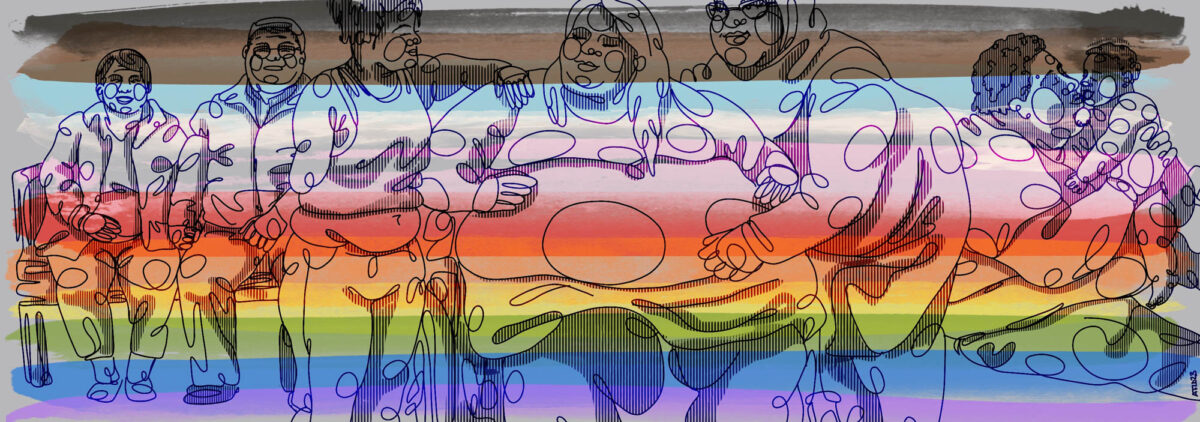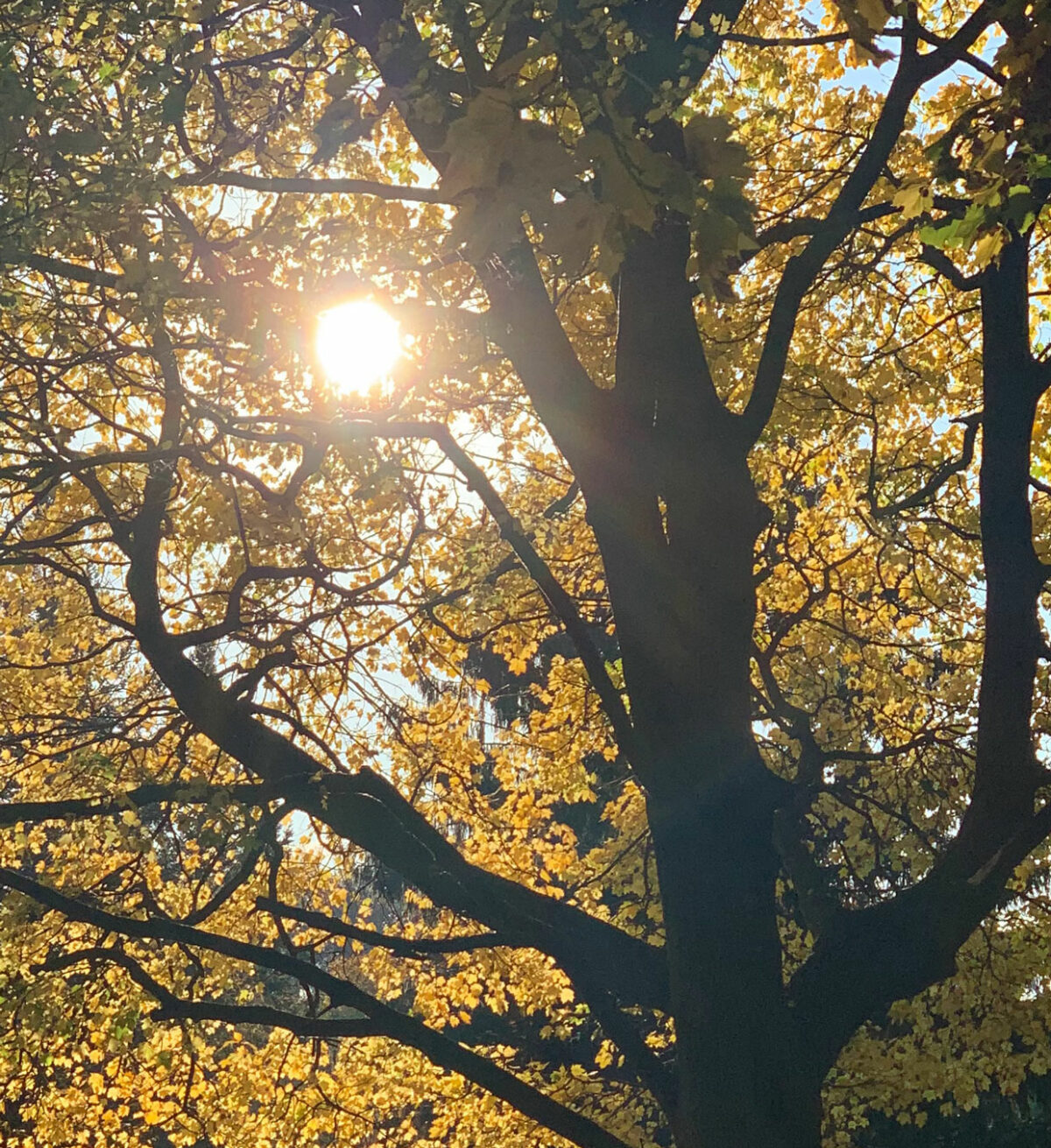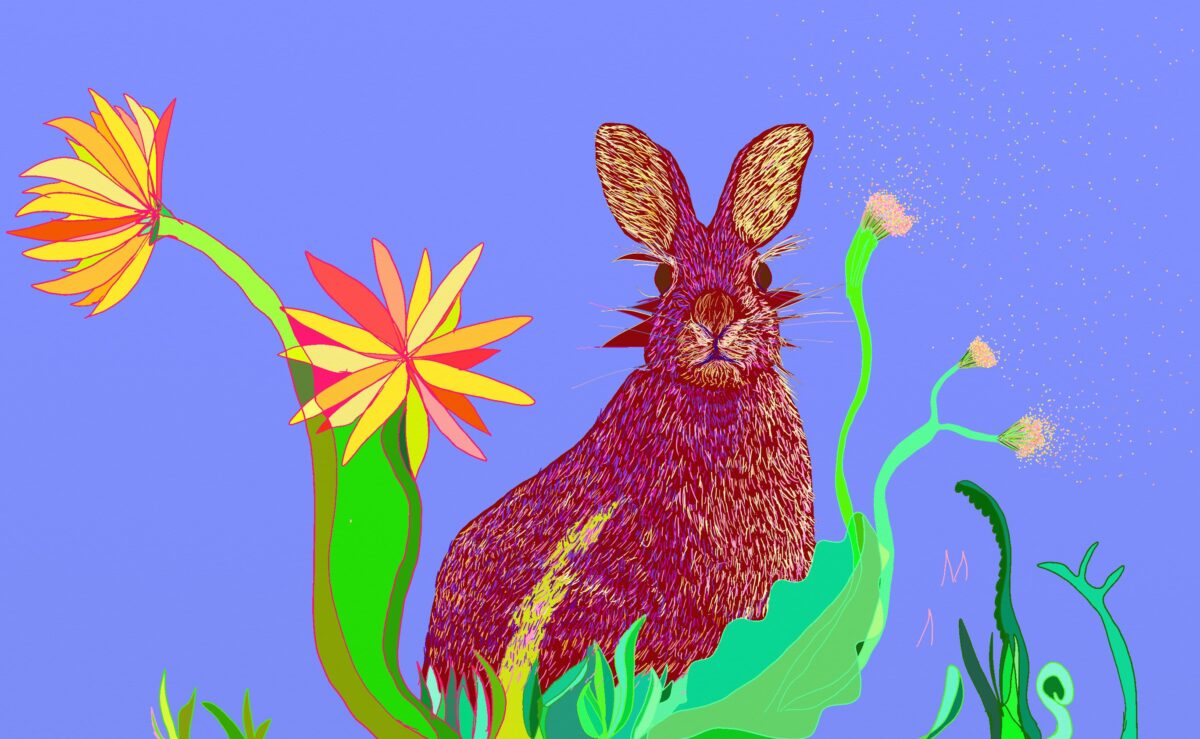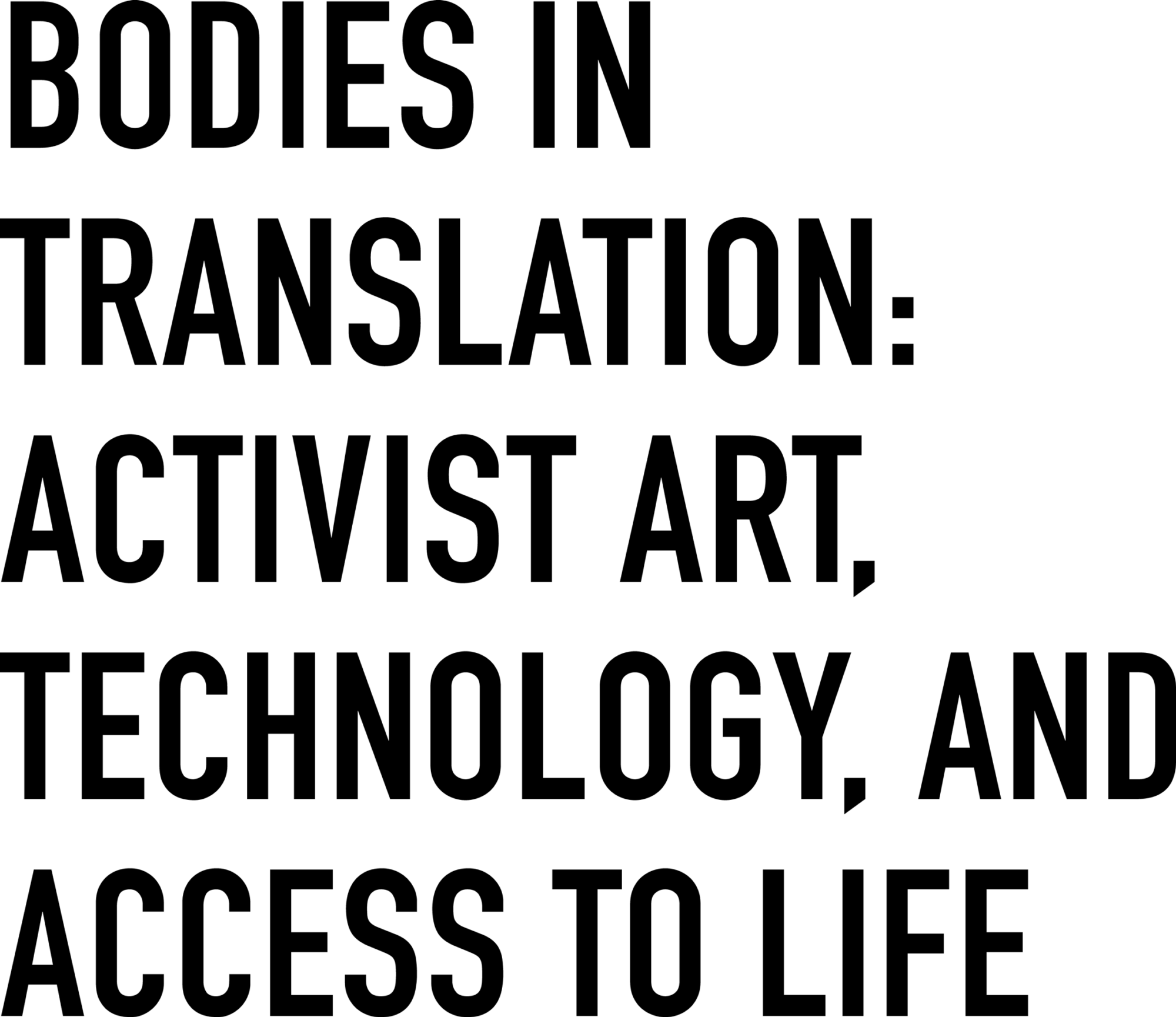
Bodies in Translation: Activist Art, Technology, and Access to Life (BIT), is a multidisciplinary, university-community research project that at its core, aims to cultivate and research activist art to achieve social and political justice.
The Worlding Difference Knowledge Platform showcases the collaborative work of disabled, D/deaf, Mad, aging, e/Elder, and fat artists and scholars. Their work challenges dominant stereotypes by highlighting their creativity, agency, connections to community, and vitality. Through justice-seeking ways of thinking and working, these artists and scholars shape culture and redefine artistic and scholarly excellence by leading with difference. Their work decolonizes and “crips” dominant narratives and arts practices.
On this site, you will discover…
Learning modules designed for independence and classroom learning
Artistic and academic work created by members of the disability, D/deaf, Mad, aging, e/Elder, and fat communities
Activities and examples that illustrate ways to integrate the accessibility principles of interdependence, equity and reciprocal relationships into teaching and learning
Digital stories and other media that openly share perspectives that invite visitors to recognize similarities and points of contact between people and acknowledge differences—in histories, power dynamics, and life experiences
Diverse representations and discussions that aim to destabilize the colonial impacts on dominant ways of thinking
Terms and concepts that reflect the complexity and ever-changing nature of language, including identity-focused terms, in-group language, and reclaimed words – check out our glossary to learn more
We invite educators and learners to explore the Worlding Difference Knowledge Platform to…
- discover interconnected themes across modules
- connect with BIT projects, archives, and artists
- learn about decolonizing representations of disability, age, fatness, and madness
- engage with teaching and learning modules on a range of topics
We ask you to engage ethically with the material on this platform
The Knowledge Platform brings stories and discussions to audiences to challenge dominant negative representations that produce harmful–or even deadly–effects.
Across the site, you will encounter sensitive material, including personal stories based on lived experiences. While some of these stories imagine and celebrate resistance and vitality, many address discrimination, violence, and pain. These realities of oppression, inequality, and exclusion may invoke emotional responses, or at times, resistant or dismissive responses.
Everyone’s perspectives are shaped by their experiences, and we recognize that it can be uncomfortable to look deeply at our own assumptions and beliefs. However, self-reflection and openness to new ideas is necessary for personal and collective growth. Whether you are an educator or a student, we ask you to be emotionally and intellectually present when opening yourself to the perspectives and ideas shared.
We remind you that the material on the site is intentionally framed for specific educational purposes. Please recognize and respect these intentions as you engage with the content.
Terminology Explained
Use the Activate Glossary option on the menu at the right of your screen to show definitions for key terms. You can also view the Glossary as a full, searchable list of terms. We continually update our glossary to reflect changing ways of thinking, and often feature multiple definitions to show a range of perspectives on important issues.
Check out the Glossary here, and see it in action.
Current Learning Modules
We are working on creating more learning modules including: Pedagogies: Pedagogical Practices that Centre Disability, Difference, and Access to Life; Neurodiversity; and Mad Studies and Critical Psychology.
Why we do this research
We now have legislation in the province of Ontario, the Accessibility for Ontarians with Disability Act (AODA), which seeks to make Ontario “fully accessible” by 2025. While the law can do much to advance inclusion, it can’t legislate desirability, cultural recognition, or welcoming in. We argue that this is what art and cultural production can do. Without being teach-y or preach-y, we argue that art can open dialogue about charged and difficult topics. This is urgent as many impactful legal & policy decisions are being made with limited public understanding about what is at stake for those most affected.
This research is a project of Re•Vision: The Centre for Art and Social Justice at the University of Guelph and expands upon our partnership with Tangled Art + Disability.
Bodies in Translation is supported by the Social Sciences and Humanities Research Council of Canada.
